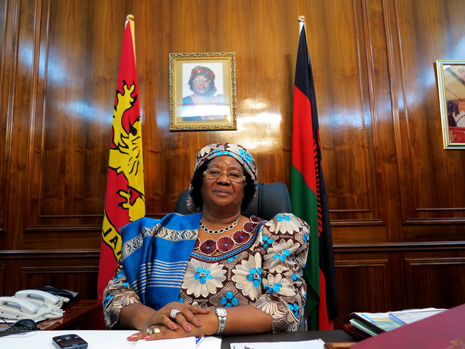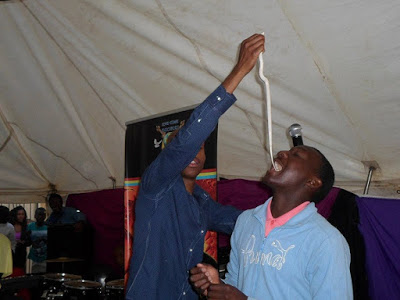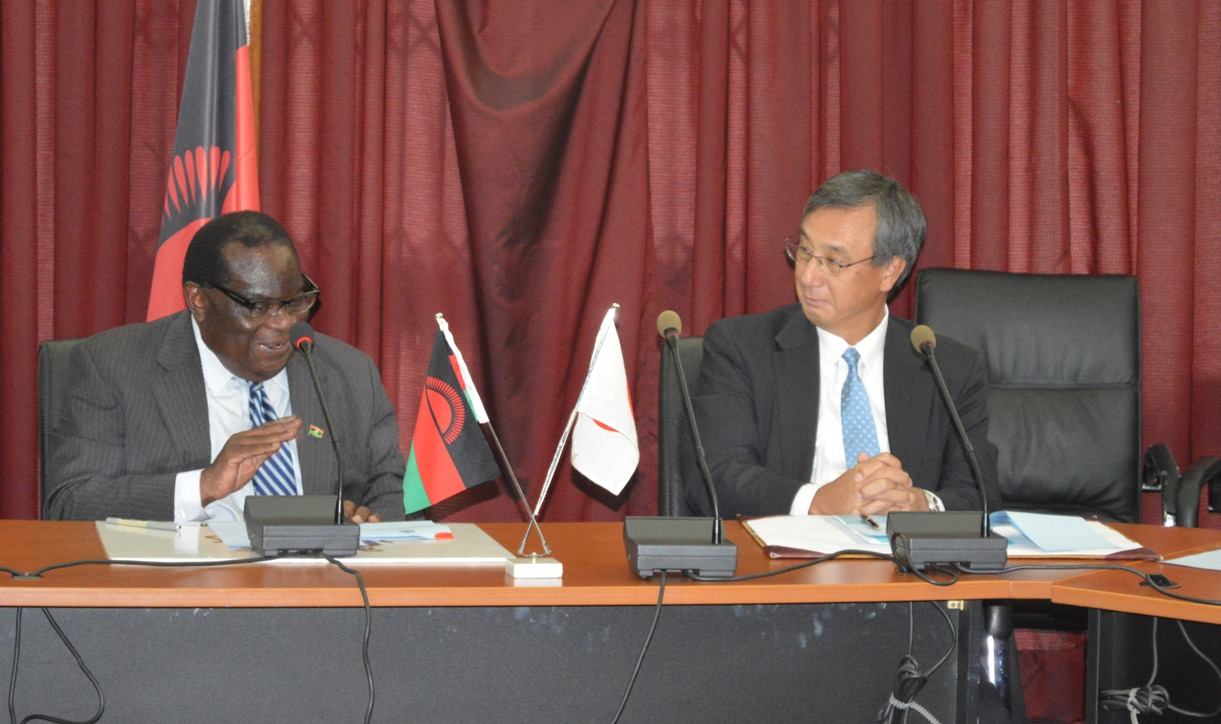In her first State of the Nation Address delivered in Parliament on May 18 2012, President Joyce Banda—revelling in a sea of goodwill, popular support and massive political capital, revealed her dream to Malawians.
“Mr. Speaker, Sir, Martin Luther King Jnr. once said “I have a dream”. Yes, I also have a dream. I see a Malawi where her citizens enjoy their freedom, dignity and a sense of pride. Yes, I see Malawians maximise their capacity to realise their social, political and economic empowerment. I see government eradicate poverty of its people through economic growth and wealth creation.
Yes, Mr. Speaker, Sir, I also have a dream. I see citizens getting jobs not because of where they come from; but because they qualify for it. I see businesses winning tenders not because they have bribed; not because they sponsor the ruling party, but because they qualify to deliver. I see opposition leaders on Malawi Broadcasting Corporation TV. I see opposition parties printing their uniforms from textile companies here in Malawi. I see freedom upon our people.
Mr. Speaker, Sir, I also have a dream. I see children going to school and not spending time in their parent’s gardens during school time. I see the girl child excelling in her education like her brother. Yes, I see our education system delivering quality education. I see our health system delivering quality health care.
Yes, Mr. Speaker, Sir, I also have a dream. I see fuel in our filling stations. Yes, I see electricity all day long. Yes, I see clean water delivered to our people. I see young children in rural areas playing on computers. I see industries mushrooming across the country. Indeed, I also have a dream.”
Exactly eight months on Thursday since that eloquently woven, but haltingly delivered speech, Malawians are beginning to wonder what has happened to those dreams so far.
Eight months later, Banda’s policies have unceremoniously pushed millions of Malawians into poverty-infested dungeons as the economy titters on the edges of a recession and the wealth creators are slammed out of business either through political decisions or just bad business climate.
Even the availability of fuel, the only achievement worth noting under Mrs. Banda’s reign, has not been smooth as long queues still pop up every few weeks.
Eight months later, the majority of those getting government contracts have political connections to the ruling People’s Party (PP) while those with links to the former governing Democratic Progressive Party (DPP) such as MBL Holdings run by the late president Bingu wa Mutharika loyalist Leston Mulli are gnashing their teeth in deprivation even after qualifying for tenders through transparent bid evaluation processes.
The President is even directly intervening in duly processed contracts as has been the case with the recent controversy on procurement of emergency drugs at the Central Medical Stores Trust.
Eight months later, the President, her vice and PP leaders are so intolerant of criticism that they call those with dissenting views all sorts of names, depriving them of their dignity and their constitutional right to hold an opinion, even if it is fundamentally different from that held by the ruling elite.
Eight months later, after promising to open up MBC to the opposition, it is only the President and her PP functionaries whose voices dominate political discourse on the public broadcaster.
Eight months later, the acute shortage of drugs has worsened and education standards are tanking.
Eight months later, the President has suddenly become so generous with her wealth that she is throwing millions of cash and commodities such as fertiliser even to those who don’t deserve them on the back of her refusal to declare her assets as the law requires and in the spirit of transparency and accountability.
Eight months, members of the ruling elite who were stone broke not long ago are now driving luxurious cars, yet they have neither the job nor the business to write home about or support their lifestyles.
Eight months later, after uniting the country towards a common purpose, in her acceptance speech Mrs. Banda has become one of the most polarising figures in the country.
Eight months later, Malawians who embraced her leadership so enthusiastically are demonstrating in the streets against her policies.
What a difference eight months can make, even to the memory of what should have been a memorable speech. What has gone wrong?
In my immediate analysis of the address, I pointed out that good visions can only be realised with good supporting strategies, the moral compass to execute them and the need to end politics as usual.
It was clear that Banda understood where we were coming from and where we were as a country at that point in time, especially under Mutharika.
She obviously knew where she wanted to take the country as captured in the “I have a dream” mantra that was her address’s opening glee.
The trouble was and still is the lack of clarity on how she intended to get there as well as a deficit of bold, transformational and selfless leadership that is needed to get things done—these are the issues that are turning that dream into a nightmare for Malawians





No comments! Be the first commenter?